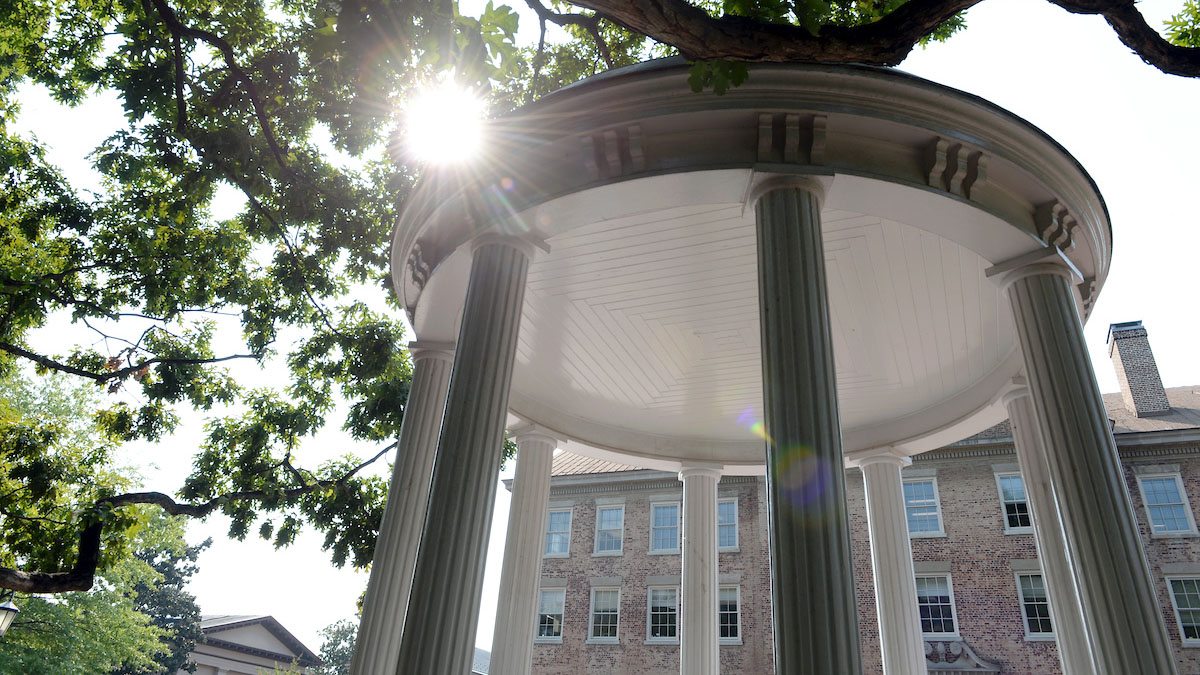A message from the chancellor: Building shared understanding
One of the most important things we teach at Carolina is the ability to communicate, debate and discuss across differences.

Dear Carolina Community,
One of the most important things we teach at Carolina is the ability to communicate, debate and discuss across differences. Every day, we practice civil public discourse together by working through our disagreements in classrooms, in research labs, on athletic fields and on every corner of our campus. Yet the question remains, how can we do this more effectively? How can we continue to learn and move forward together?
Last Friday, I went to a philosophy lecture on blame and forgiveness. The New York University scholar Miranda Fricker delivered a brilliant call for “blaming well,” for using moments of hurt or disagreement as a way to create “shared moral understanding” so that both parties can learn and move forward.
“When you try to blame well, part of what you do is try to persuade and influence,” Fricker argued. “If we’re just trying to get payback or hurt those who have hurt us, it’s not very helpful.” Instead of wielding blame as a weapon, Fricker thinks it should be an invitation to dialogue, an attempt to reach agreement on what happened and open the door to reconciliation. If we’re thoughtful, calling out wrongdoing can become an “unexpected moment of moral generosity.”
Her talk reminded me of all the ways a good humanities education leads to a better life and builds our community. I get asked all the time how higher education can help improve our civic culture, strengthen our democracy, and give our graduates the ability to navigate a fraught world. Thinking deeply about the meaning of our actions — the ethics of blaming, the moral weight of forgiveness — is a good start.
Fricker’s talk was sponsored by Carolina Public Humanities, part of the College of Arts and Sciences, which does extraordinary work bringing humanities scholarship to K12 teachers, community colleges and citizens across our state. I’ve been to dozens of their events over the years, and witnessed people of all ages debating big questions and thinking deeply about society and culture. It’s amazing to see, and we will continue to work to strengthen this discourse in everything we do.
As our IDEAS in Action curriculum makes clear, education doesn’t end when you leave the classroom. It’s a lifelong commitment, and Carolina graduates will be ready for it.
Sincerely,
Kevin M. Guskiewicz
Chancellor




